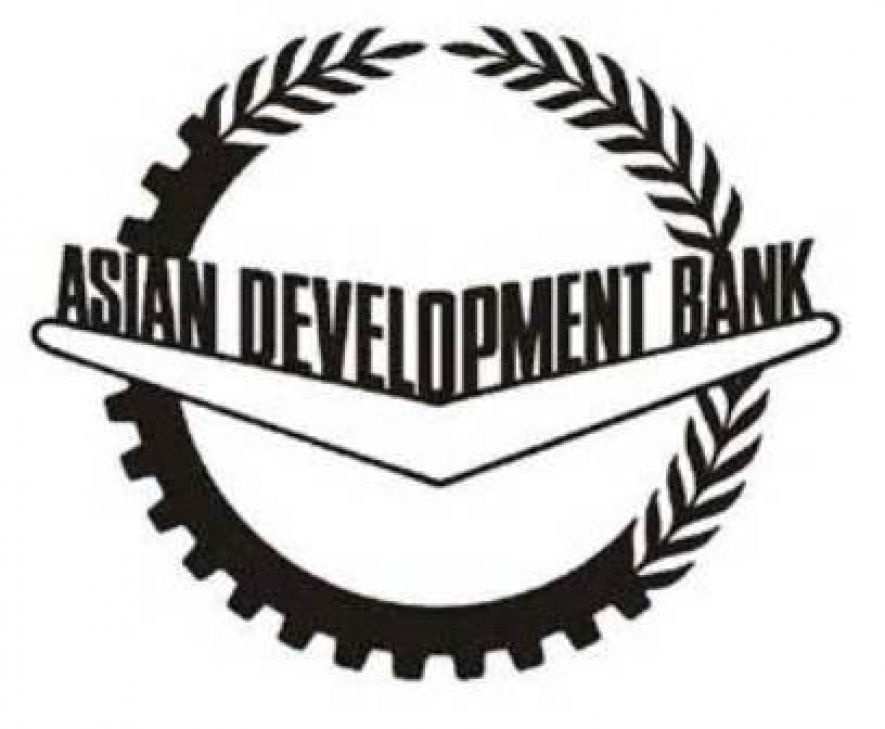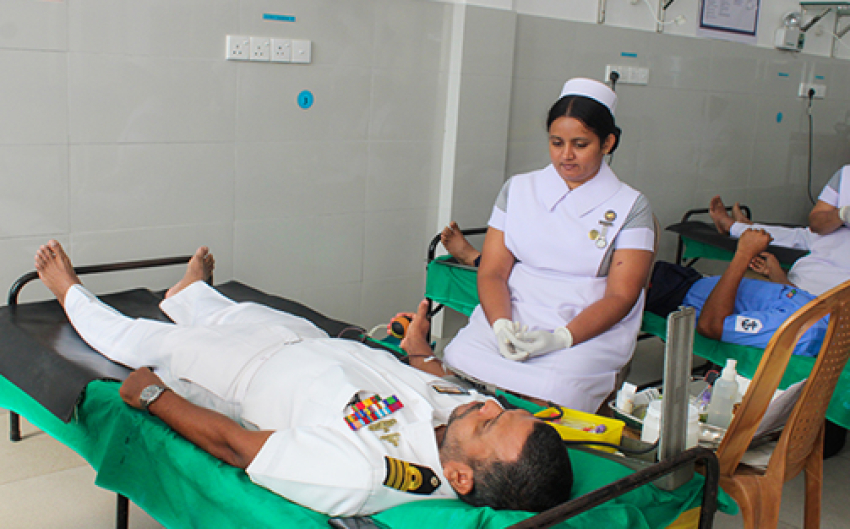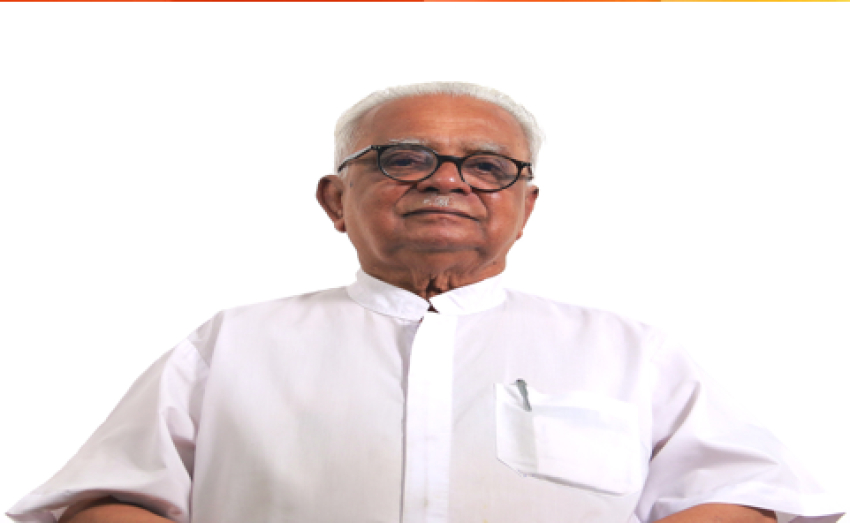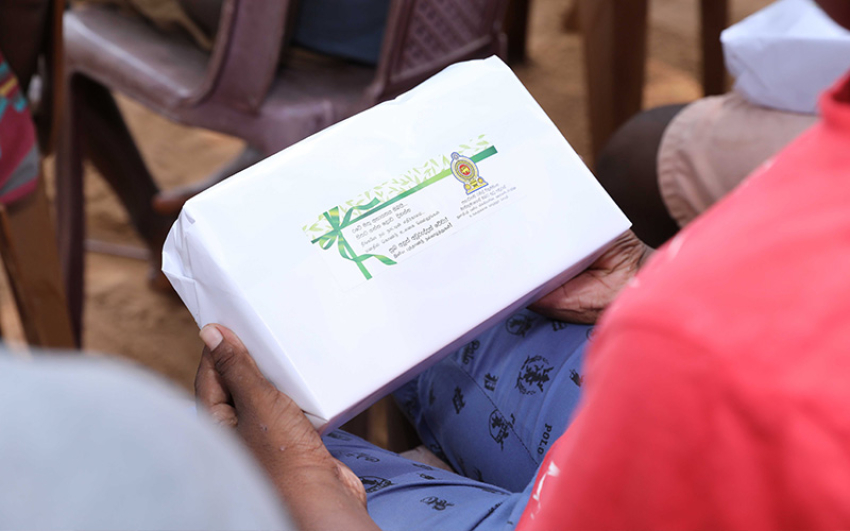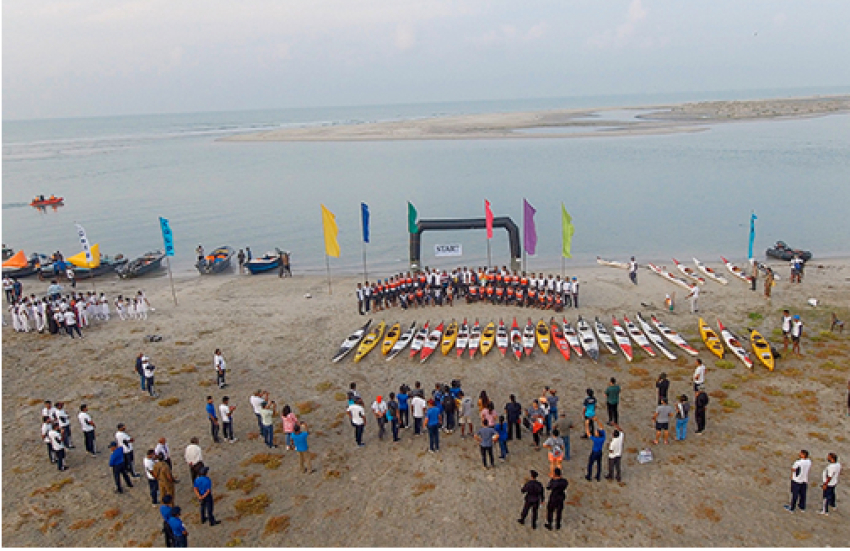“In its new CPS, ADB aims to respond flexibly to the evolving demands of the government,” said Sri Widowati, ADB Country Director in Sri Lanka. “ADB will therefore continue to invest in programs and projects in sectors where it has strong operational experience while exploring new areas that will put the country further toward reaching upper middle income country status. In the process, ADB operations will also promote inclusiveness; strengthen environment, climate change, and disaster risk management; and promote gender equality.”
Robust economic growth has brought Sri Lanka close to upper middle income status. This growth, along with extensive coverage of government-financed education and health care, has led to a more than halving in poverty from 15.2 percent in 2006-2007 to 6.7 percent in 2012-2013. The country also made good progress in human development and has been successful in developing basic infrastructure.
However, Sri Lanka faces macroeconomic management challenges for which the International Monetary Fund is providing a program. Further, the manufacturing and export bases of the economy need to be diversified, and the declining trend of exports to gross domestic product reversed since the limited size of the domestic market will constrain growth. It is therefore necessary to catalyze domestic private investment and attract higher foreign direct investment.
Further challenges include reducing remaining poverty, narrowing inequalities, achieving more balanced geographical development, and maintaining environmental sustainability.
To address these, ADB plans to strengthen infrastructure, especially in the transport, energy, and urban sectors. In the transport sector, ADB will improve connectivity by providing support for roads, ports, and railways. In urban areas, ADB will continue to support water supply and sewerage systems. In the energy sector, ADB work will focus on expanding nontraditional renewable energy using wind and solar energy.
There will be some focus on strengthening institutions and management, especially of Ceylon Electricity Board, National Water Supply and Drainage Board, Road Development Authority, Sri Lanka Railways, and Sri Lanka Ports Authority. ADB will also support human capital development through secondary education, technical training, and higher education, building linkages with emerging jobs.
To help create a better environment for private sector development, ADB will work on strengthening the legal system, developing capital markets, establishing a credit guarantee institution for small and medium-sized enterprises, and facilitating public-private partnerships. ADB is also undertaking a study for developing a comprehensive plan for the Colombo-Trincomalee Economic Corridor, to develop urban areas with industrial zones, commercial, and residential areas.
To promote greater inclusiveness, ADB will complement the government’s plan of modernizing agriculture, diversifying production into high-value crops to increase the productivity of workers. ADB’s private sector operations will, meanwhile, explore business opportunities in the entire agriculture and food value chain.
ADB will provide relevant knowledge products, promoting best practices, laying the foundation for innovations and increasing the absorptive capacity for new technologies. It will require ADB to be engaged with the government, development partners, and think tanks on a continuous basis.
About USD 800 million to USD 1 billion per year will be earmarked over the five-year CPS period, while technical assistance is expected to amount to about USD 8 million a year. ADB will also increase its private sector operations by expanding into non-finance sectors.

